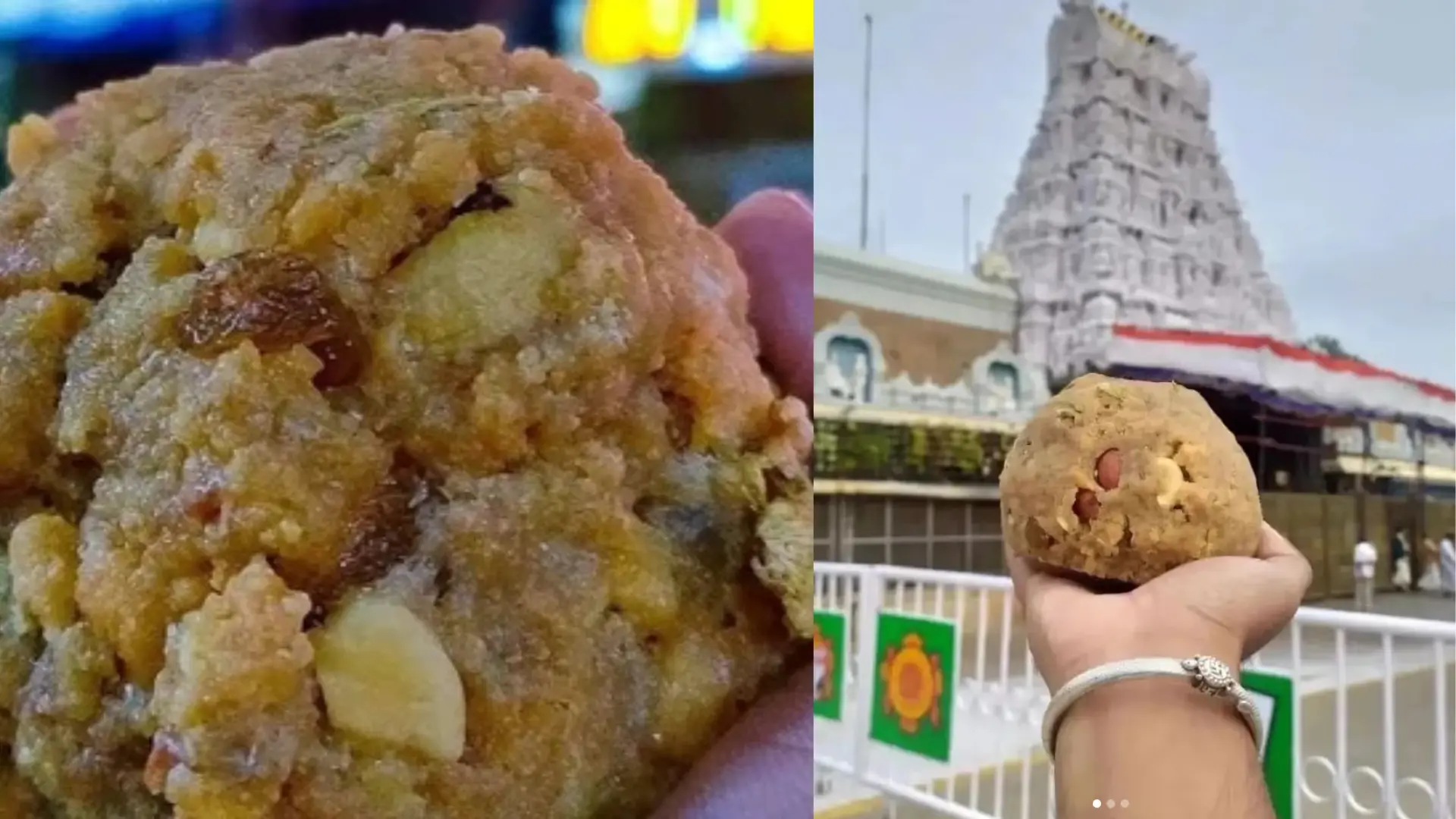Amid the laddu controversy in the Tirumala Tirupati Devasthanams (TTD), they took legal action against Tamil Nadu-based AR Dairy Food Private Limited for allegedly supplying adulterated ghee to the Sri Venkateswara Temple, the company has questioned the accuracy of the report that led to the action.
Speaking to a Tamil news channel on Friday, Kannan, a quality control officer at AR Dairy Food, called the allegations “unfounded.” His statement came after TTD Executive Officer J Shyamala Rao revealed that samples of ghee from AR Dairy were found to be “highly adulterated.”
Kannan defended the company, stating, “We have been in operation since 1998, and this is the first time such accusations have been made against us.” He emphasized that AR Dairy has its own procurement centers and uses advanced technology to test milk across 102 quality parameters within 32 seconds. “If the milk fails any test, it is immediately rejected,” he added.
The company representative also highlighted that AR Dairy had been approved by TTD for supplying ghee after a team from the temple administration assessed their facilities. “Our ghee is tested in national laboratories before being sent to TTD, where their food safety officer checks it again,” he said.
Also Read: Quad Leaders Voice Concern Over Tensions In South And East China Seas
AR Dairy, according to Kannan, holds ISO certification and follows strict quality control measures. He criticized the sampling process, suggesting that it lacked transparency. “We believe the collection process should be recorded on video to ensure fairness,” he proposed.
The company’s response came after TTD Executive Officer Shyamala Rao announced that four out of ten ghee tankers supplied by AR Dairy were found to be adulterated. The investigation followed complaints about the declining quality of the temple’s laddus, a popular prasadam (offering) given to devotees.
These developments occurred just days after Andhra Pradesh Chief Minister N. Chandrababu Naidu accused the previous government, led by YS Jagan Mohan Reddy, of permitting the use of animal fat and fish oil in laddu preparation.
When asked about the case, Dr. Sathish Kumar, the designated officer for the Food Safety Department in Chennai, refrained from commenting on specific details. However, he affirmed that Tamil Nadu adheres strictly to Food Safety and Standards Authority of India (FSSAI) protocols for detecting food adulteration. “When adulteration is suspected, multiple samples are collected in the presence of officials and witnesses, and sent for testing. If contamination is confirmed, the supplier is notified and has 30 days to appeal,” he explained.























